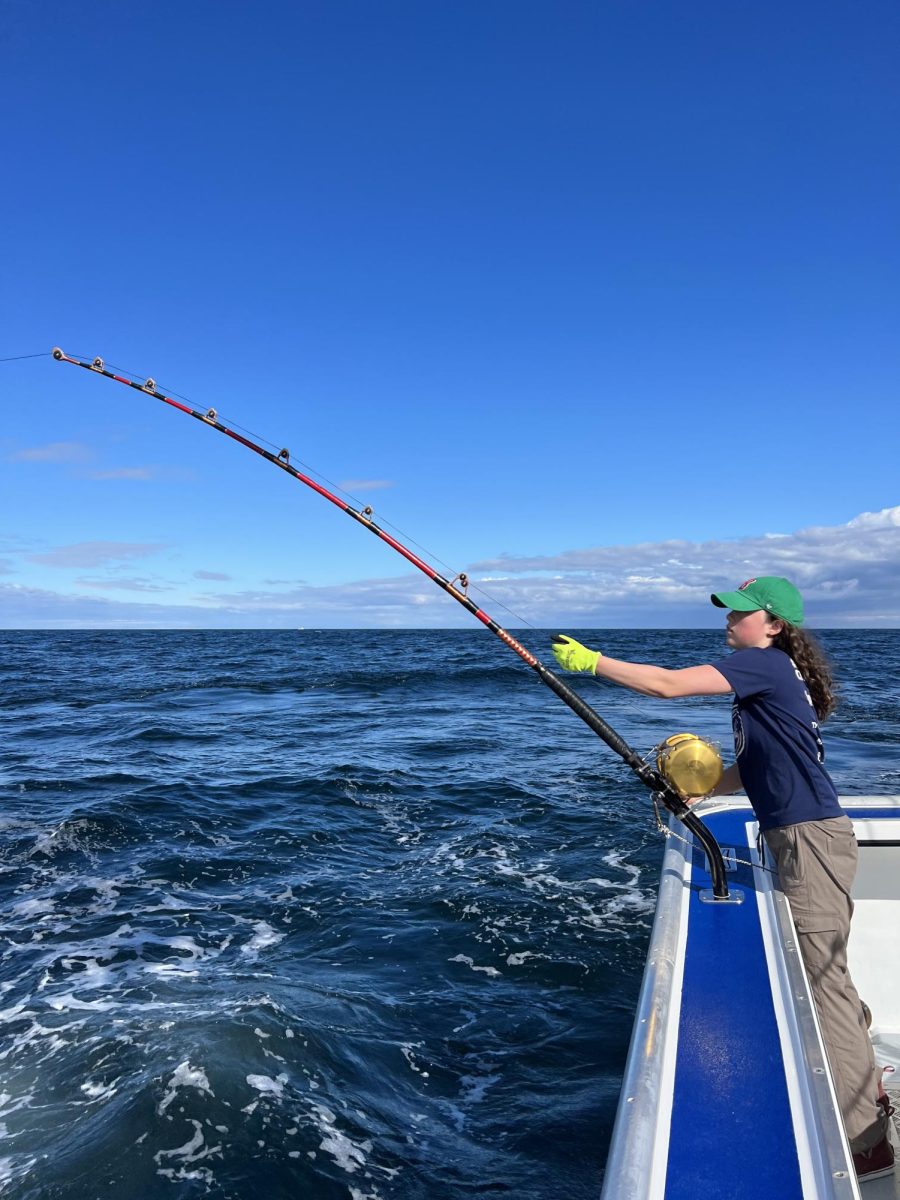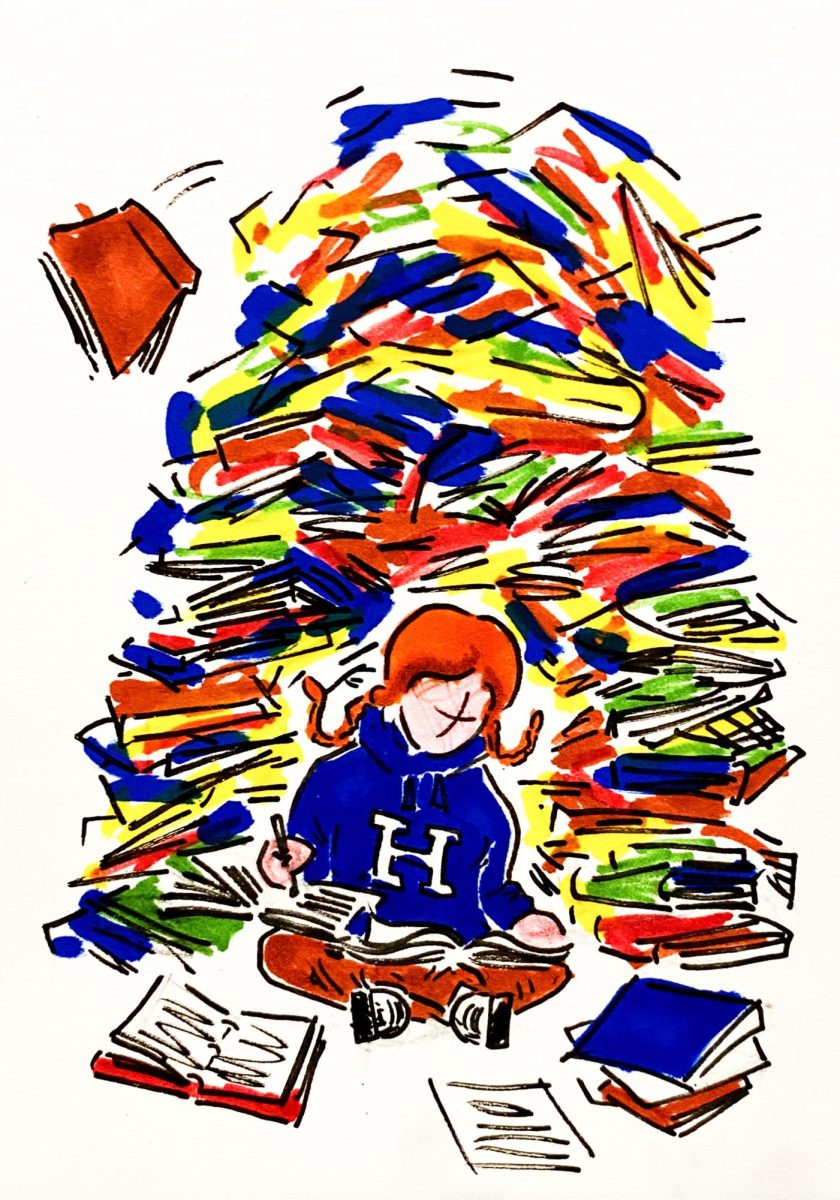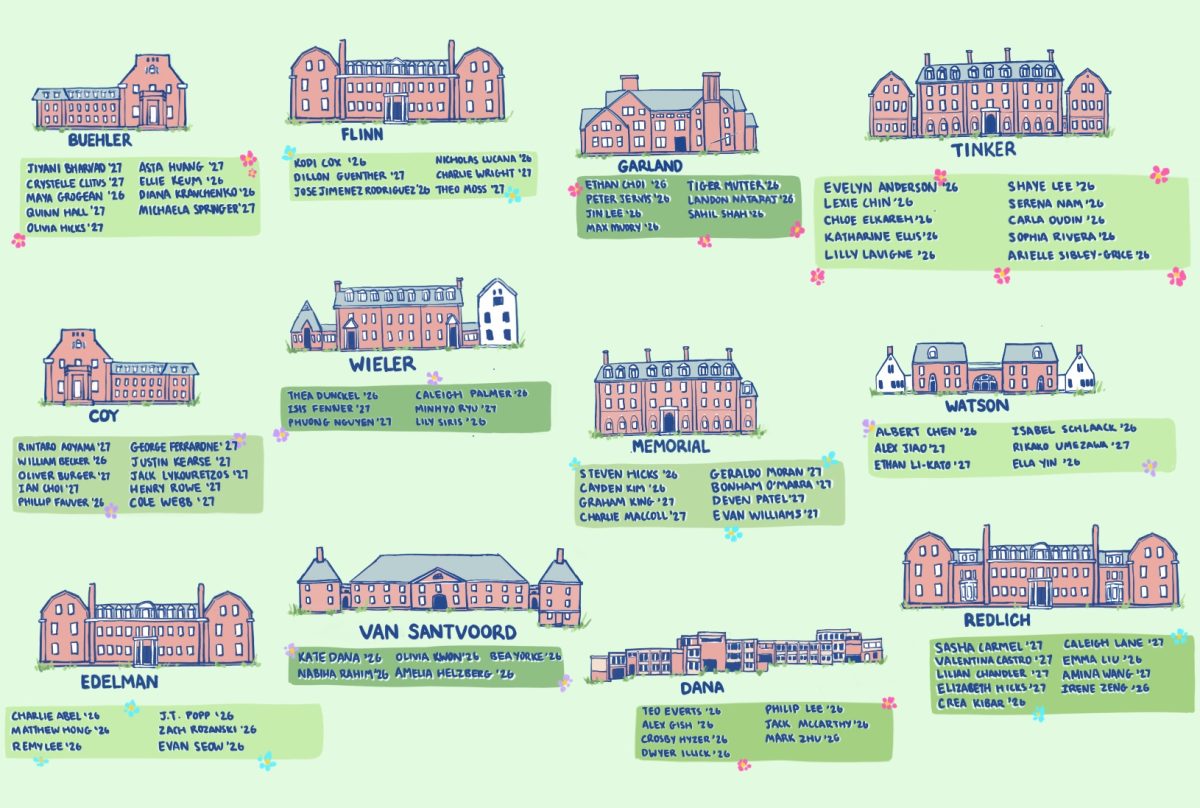Launched in 2019, the Watson Civic Engagement Fellowship gives two Lower Mids the opportunity to engage in sustained independent projects related to the United Nations Sustainable Development Goals (SDGs). The program provides grants for international travel and service work conducted over the course of two summers. Fellows travel internationally to learn about SDGs and then examine the same issues in their own communities. Staff Writer Mark Zhu ’26 sat down with fellows Kiera Dwan ’24 and Brianna Bobbie ’25 to discuss their projects.
What led you to apply for the fellowship?
Kiera Dwan ’24: Mr. Dave Thompson, [director of international programs], came up to me in the hallway and told me about the opportunity. Knowing that over the summer I was planning to work on lobster boats, he suggested that I might want to do something with the fourteenth U.N. Sustainable Development Goal: “Life Below Water.”
When the application for the fellowship was released, there was a lot going on in my grandfather’s town, [Nahant, MA], where I fish. Universities there were polluting the water, but not helping fishermen protect the wildlife their jobs were dependent on.
When I was younger, I was a deckhand on our neighbor’s lobstering boat. I would help to measure and put rubber bands on the lobster’s claws. It was through doing this that I learned about the trade and got involved in the fishing community. I am really passionate about the two goals of “Sustainable Cities and Communities” and “Life Below Water.”
Brianna Bobbie ’25: It is my passion to serve my community. Going to Ghana every summer, I saw firsthand the prevalent problems of the goals I focused on: “Quality Education” and “Zero Hunger.” The Watson Fellowship was the perfect opportunity to have the support, resources, and funding to make a difference there.
What did you do during the first summer of your project?
KD: When I was traveling, there were still some pretty stringent Covid measures in place, so I ended up going to Prince Edward Island (PEI) in Canada. They had almost fished the bluefin tuna to extinction there.
All the fishermen were dependent on those fish for their livelihood, so the government stepped in to change the main source of jobs from commercial fishing to sports fishing. Now we have developed it into a partnership with researchers, where you can catch tunas and then put tags on their dorsal fins so they can be tracked.
BB: I traveled to Ghana and worked on the SDG “Quality Education” by providing schools with bags full of supplies. I also worked in orphanages and taught the children there. To address the SDG “Zero Hunger” near those same orphanages, we built a community garden and donated seeds, soil, and other resources.

Can you tell us about your second summers?
KD: I went back to my grandfather’s town and spent time fishing and pushing for legislation to protect wildlife. I run my own lobstering business now.
BB: I’m planning on going to the Future Global Leaders Academy at Columbia and Barnard University. I will team up with students and come up with a research proposal about an SDG, and then present it to people who worked in the U.N. to get advice from professionals.
What has been your favorite part of the fellowship?
KD: Meeting new people, especially over the summer I traveled abroad. I got to meet fishermen who had significantly more experience than I did. Learning about new species from them was really interesting.
BB: Integrating myself into the community in Ghana. Even though I am Ghanaian, I don’t get to spend much time there during the school year. Doing the fellowship helped me learn about the culture there.
What have you learned from your experiences as fellows?
KD: I’ve learned to work with others to achieve a common goal. Even though we were separated by age, origin, and priorities, we could connect over common interests and work towards them. This idea of identifying common ground and building off of that is universally applicable.
BB: If you want to solve a problem, you have to spend time around those you want to help. This year, I started the Hotchkiss Food Access Society after learning that our surrounding communities are food deserts, where many don’t have access to fresh food. In order to work on that issue, I had to research and figure out what was going on in the area.






